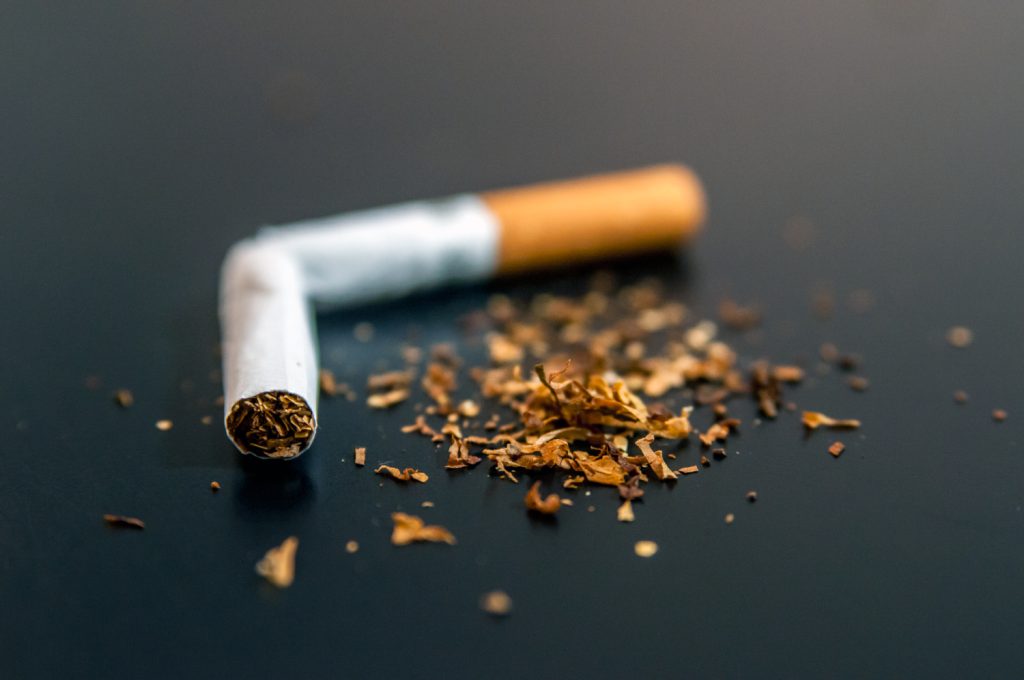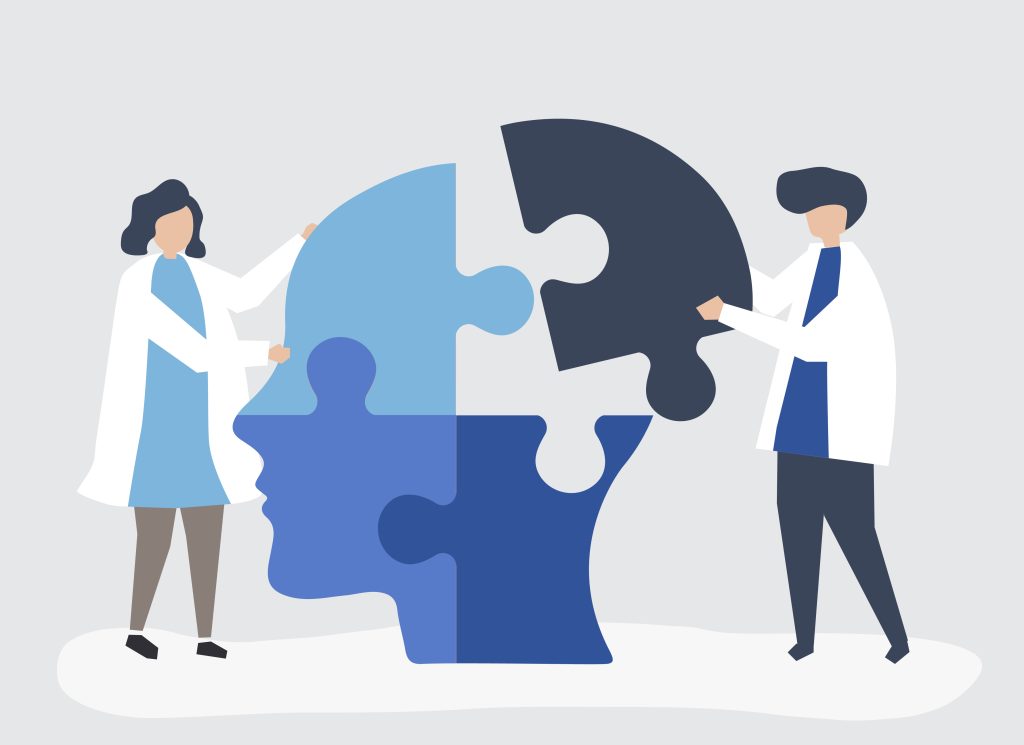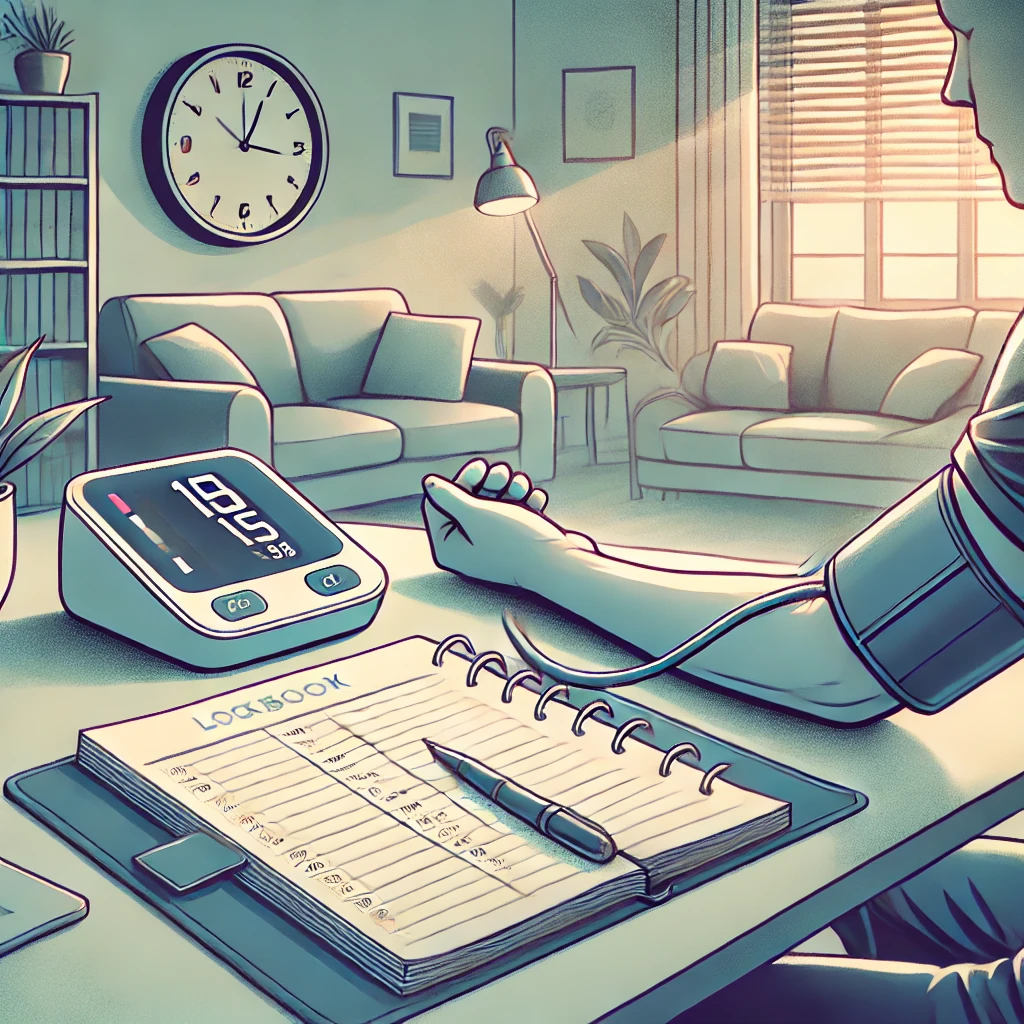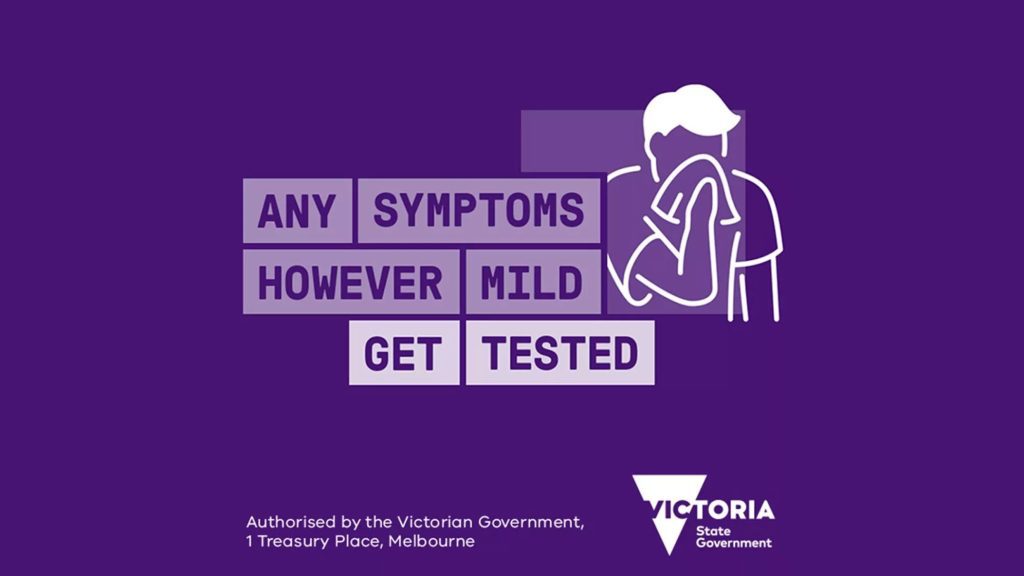There are several immediate effects of smoking cigarettes on your health, many of which can surprise even seasoned smokers. Understanding how smoking affects your body immediately after taking a puff is a wake-up call to do something about it for a healthier you. This blog post breaks down how cigarettes impact a variety of systems within the body as early as within minutes of smoking. So, let’s get started:
How Smoking Affects Your Health
1. Lungs and Breathing
The first organ to be affected when you decide to take a puff is the respiratory system for the way it operates. The chemicals in cigarette smoke cause constriction, coughing, wheezing, and a lowered maximum lung capacity for at least as long as the cigarette smoke remains in the lungs. Carbon monoxide, a poisonous compound found in cigarettes, binds itself to your blood’s hemoglobin sites to prevent oxygen from being transported by your lungs to other parts of your body.
Fact: In only five minutes, carbon monoxide accumulates in the bloodstream and decreases the delivery of oxygen by as much as 5-10%. This shows the impact that smoking has presently on oxygen delivery to tissues.

2. Immediate Effects of Smoking on the Heart and Blood Vessels
Cigarettes contain nicotine that releases the adrenaline that makes your heart race and consequently causes an increase in your blood pressure. These changes may affect your heart no matter how often you smoke or how long you have been using a cigarette. In addition, the chemicals in tobacco products slows down the blood flow in the body as it affects the extremities increasing the possibility of development of clots.
Data Insight: Research also shows that one cigarette, for instance, raises heartbeat rates by twenty percent -the arterial pressure by ten millimeters- thus illustrating smoking’s impact on the cardiovascular system.
Checkout: The Role of Nutrition in Mental Health: A Comprehensive Guide
3. How Smoking Affects Your Brain and Mood
The first organ that experiences the impact of smoking cigarettes is the brain. Nicotine gets to your brain in 10 sec of puffing and releases dopamine in the brain. The use of substances and activities to achieve this aim cause momentary pleasure or relaxation feeling usually referred to as a ‘buzz.’ However, this effect is only momentary; thus, the smoker will be yearning to use the product once more.
Research Insight: The relief that comes as a result of increased dopamine is rather short-lived, lasting only approximately 15-20 minutes. This short-lived reward shows why smoking is addictive even though it has dangerous consequences for the smoker.
4. Impact of cigarettes on the skin and circulation
Smoking can be seen to have very visible effects especially on the appearance of the skin. Smoking reduces the blood circulatory system flow, thus removing many nutrients and oxygen in your body skin. This can lead to dryness and to make skin appear lackluster and visibly older than it truly is. It decreases circulation and leads to cold hands and feet as blood cannot flow properly towards the end parts of the body.
5. Immediate Oral Effects of Smoking
Regular cigarette smoking affects the salivary glands from producing saliva and the chemicals left on the mouth proves to be breathing, infection and gum diseases causing agents. Less saliva is produced to help clean your mouth and your teeth become more prone to decay.
The Long-Term Danger of These Immediate Effects
The primary effect of smoking cigarettes are somewhat short-term but create a platform for several long term illnesses including; lung cancer, heart ailments and stroke. It is understood that the damage performed by even several cigarettes in the course of time is enormous.
Actionable Tip: Smoking cessation to some extent enables your body to start healing from the effects of smoking even within a short period. For example, the level of carbon-monoxide in blood comes back to normal within 12 hours after smoking cessation.


Conclusion
Knowing that smoking results in certain consequences right after lighting a cigarette can also be a good push to stop smoking. The body undergoes several adverse effects within minutes of smoking ranging from low oxygen levels to a high rate of heart beating, and even bad breath.
These changes can however be reversed by quitting today and ensuring you do not develop severe health repercussions. Contact your doctor or attend a group session to get on the road towards a smoke-free existence.






